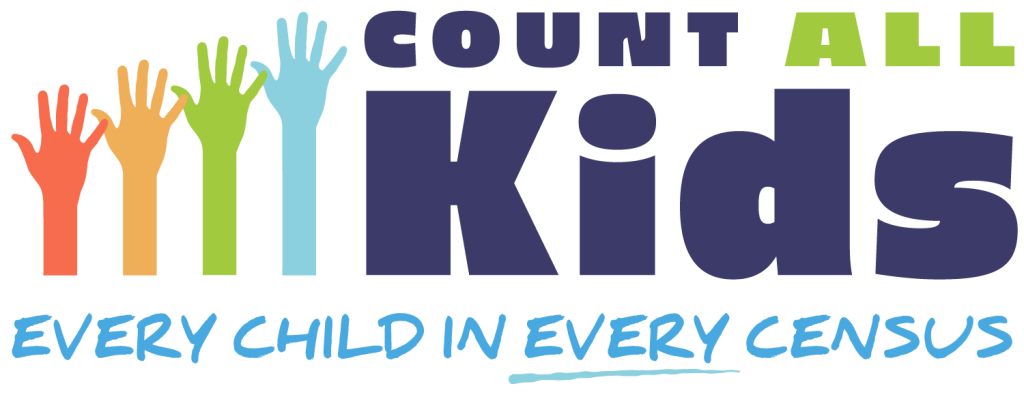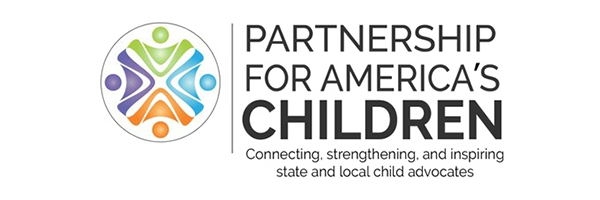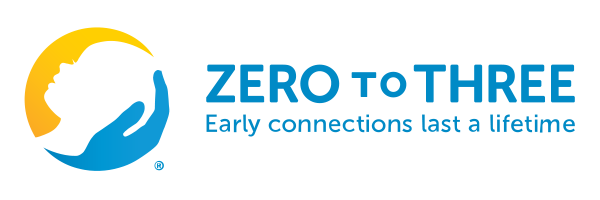For months, Children’s National Hospital in Washington, DC has been promoting the Census. The Child Health Data Lab has been leading this effort because not only does accurate child population data underlie every aspect of our work, but nearly half of our patients rely on Medicaid and many come from neighborhoods with low socioeconomic status. They rely on critical social service programs to survive and their health depends on the Census. Many health providers including nurses, family support staff, case managers, and physicians have joined this effort. Among them, Dr. Nia Bodrick, MD, who is a community pediatrician serving children at THEARC, one of our community clinics located in southeast DC. When asked about why she’s passionate about the Census, this is what she shared:
As a pediatrician, the cornerstone of my clinical care is preventive medicine- that is working with families to lay a foundation of healthy living that will inherently hinder poor health outcomes. That healthy lifestyle is one that is influenced by children’s built environment, including the schools they attend, the ability to access affordable and healthy food, to live in a safe neighborhood, to travel safely and so much more. The Census determines how funds for these systems are allocated.
In a time when many children and families are faced with anxiety, doubt and fear, The United States Census 2020 offers an opportunity for clarity, certainty and autonomy. Every ten years, Americans can use this quick and simple tool as a means to ensure their voices are heard and their communities are counted!
Dr. Bodrick previously served lower income patients at a community health center also in the southeastern part of the city. She is a trusted voice and face to her community. Though our efforts have been challenged by COVID-19, she has taken advantage of the increased demand for telehealth by incorporating the Census into her patient visits:
As a child, my father was a US Census Recruiting Operations Manager in South Carolina and he instilled in me the value of the Census. Every voice counts and every little bit of advocacy helps, so I wear my “Ask Me About the Census” button (gifted by my colleague Dr. Diogo Anyigbo, our Census Ambassador) during my telemedicine visits and I encourage parents to complete the Census, online or by mail. Parents embrace this opportunity and are often thankful for the reminder, if they have not already completed it.
Children’s National Hospital relies on our front-line providers to convey the importance of the Census to patients and families. Dr. Bodrick’s colleagues are also incorporating census into their patient visits. Some display a virtual Census background in their telehealth sessions; when parents and caregivers ask about it, they have an opportunity to explain why it’s so important to respond and count their child. Even amid a pandemic, they are answering this call.








